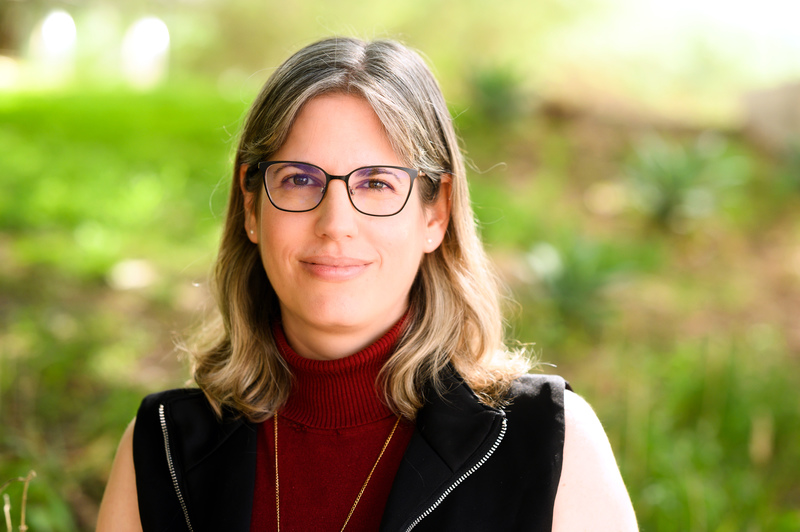Department of Software and Information Systems Engineering
Faculty of Engineering Sciences

My life before BGU:
I grew up in Mevasert Zion. For my military service I studied programming at the Mamram (the IDF's Center of Computing and Information Systems), and then served in the School of Computer Professions as an instructor and commander of a programming course. After my army service I studied medicine at the Hebrew University of Jerusalem and completed a master's in public health concurrently. My medical specialization is in public health, a field that focuses on preventative medicine and epidemiological research.
I completed my PhD at BGU's Dept. of Computer Science, with a focus on clinical applications of machine learning. Then I did a post-doc at the Dept. of Biomedical Informatics at the Harvard Medical School.
"Instead of someone experiencing a stroke and possible remaining disabled for life, the appropriate algorithm can identify that they are at risk years earlier, and the appropriate treatment can lead to an alternative reality where the stroke never happens, and that person gets to live a long, completely healthy life."
|
My research:
My research focuses on medical informatics and the ways we can use data and algorithms to improve patient health. This includes using AI-based predictive models for medical goals, causal deduction using observation data (modern epidemiology), and various aspects of fairness in quantitative modeling used in medicine. Alongside my research position, I also work at the Clalit Health Services Research Institute, where I head the department of data- and AI-based medicine. This means I get to apply my research to improving the lives of a great number of patients in Israel.
Why BGU?
During my doctoral studies BGU became a second home. I love the place, and I love the fact that the University management lets you feel that nothing is impossible. The Dept. of Software and Information Systems Engineering is especially attractive, because its professional focus is very similar to my own type of research, and more than anything, because the people there are just fantastic.

An insight from my research:
Data and algorithms affect almost every aspect of our lives (ads we are shown by Google, songs and shows that different apps recommend, and how each journey is navigated), but the world of medicine has lagged a little.
We are now in a period where this is revolutionizing medicine as well, and it is a great privilege to be part of this revolution. Predictive models can now identify patients at risk for disease before their onset (for example, stroke), and enable us to identify patients who would benefit from individually adapted preventative care today. Preventative care is usually much simpler, it doesn't have many side effects, it's cheap, and the most effective and efficient expression of medicine. Instead of someone experiencing a stroke and possible remaining disabled for life, the appropriate algorithm can identify that they are at risk years earlier, and the appropriate treatment can lead to an alternative reality where the stroke never happens, and that person gets to live a long, completely healthy life.